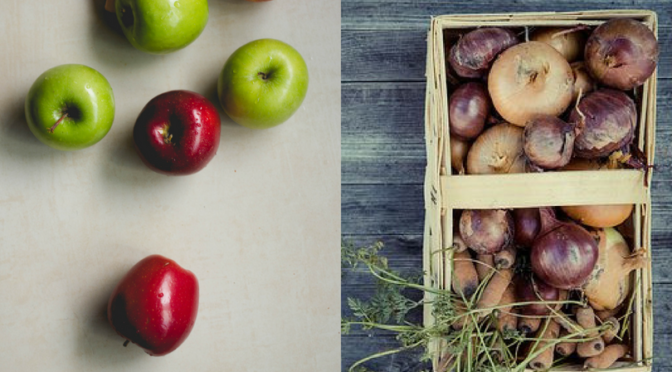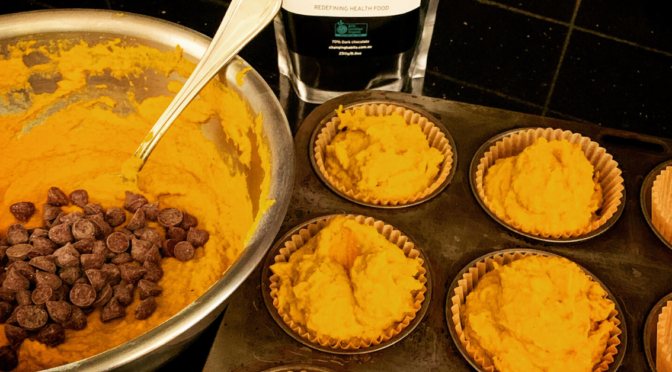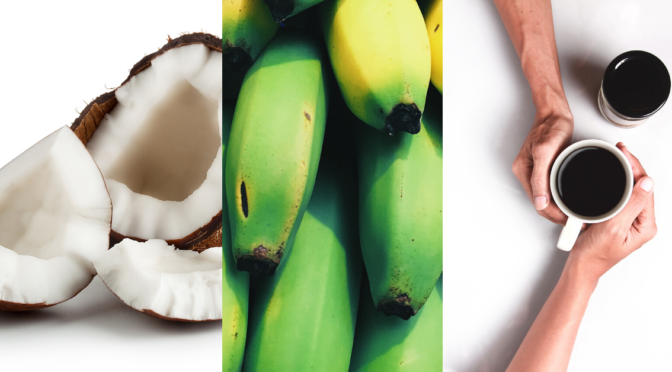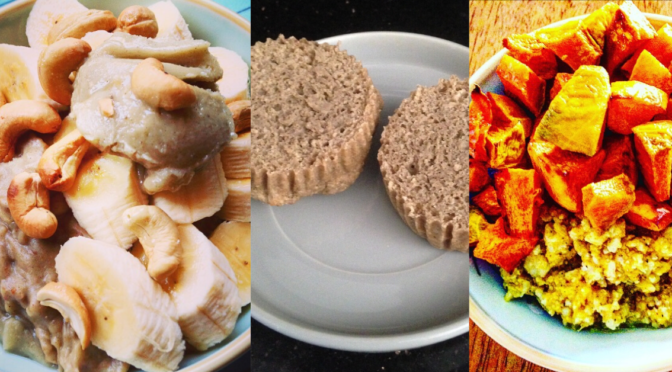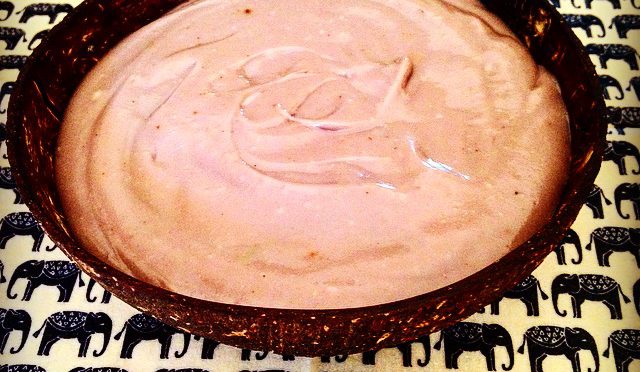Ladies, we need to talk.
Now, I know what you’re probably thinking.
Rach, you’re 27. What on earth would you know about menopause?
To that I say: fair. But also, The Liver.
You: The Liver?
Me: Yes, The Liver.
You see, what I lack in age, I make up for by having extensive knowledge about our largest internal organ.
Being diagnosed with autoimmune hepatitis at age 14 was a baptism of fire into life as a liver-adoring, detox-obsessed citizen.
While most people don’t come to appreciate how extraordinarily important this precious organ is until much later in life, I received a crash course in the magnitude of liver health before I was even old enough to drive (or ovulate, for that matter).
You: Yes, but what does the liver have to do with Menopause?
Me: Everything.
You: Everything?
Me: Well, no. I just like to be dramatic. But the Liver is significantly impacted by the drop in oestrogen experienced during menopause.
You: THIS IS BRAND NEW INFORMATION! TELL ME MORE!
Me: Gladly, but first we need to talk about the adrenal glands.
Oestrogen and The Adrenal Glands
There are 4 parts of the body that are capable of making the hormone oestrogen: the ovaries, the liver, the adrenal glands and fat cells. From puberty until menopause, the ovaries will make the majority of a female’s oestrogen requirements. Her liver, adrenal glands and fat cells can help out where need be as well, but it’s not their main priority.
When a female enters peri-menopause (which is almost like a second puberty, in that it can be a time of rapid change that lasts for several years) her ovaries start making less oestrogen. Eventually, they stop altogether. This lack of oestrogen stops the monthly cycle, as there’s no longer enough oestrogen to stimulate the growth of follicles (fluid-filled sacs that house developing eggs). No follicular growth, no egg release. No egg release, no ovulation. No ovulation, no period. Simples.
The thing is, we need oestrogen for far more than just baby-making.
We also need it for:
- bone density
- maintenance of muscle mass
- libido
- a healthy nervous system
- to optimise cholesterol levels
After menopause, the adrenal glands (small glands that sit just above the kidneys – they are the glands that release Cortisol when we are stressed) pick up the slack and make the majority of a female’s oestrogen supply.
We’ll circle back to this. But first, let’s get back to The Liver.
Oestrogen and The Liver
A healthy and balanced amount of oestrogen benefits the liver by:
- inhibiting liber fibrosis (scarring)
- protecting against liver damage
- inhibiting cellular ageing in liver cells
- increasing innate immunity (the body’s ability to protect itself from invading substances)
- regulating inflammation
The liver can make a small amount of oestrogen.
This means that at the same time that oestrogen production (which has supported liver health for decades ) significantly declines, the liver must take on another job (producing oestrogen) on top of its already bloated to-do list. You can read more about that colossal to-do list here.
Menopause in the Modern World
It probably comes as no shock that we are all exposed to way more artificial substances than is conductive to good health.
- Artificial fragrances are in just about everything.
- Glyphosate is everywhere (all of my books touch on this – what can I say? Glyphosate awareness is a passion of mine. Yes, I consider herbicide awareness a ‘passion’. It’s a little sad but there you go).
- Convenience foods are (generally) filled with artificial additives and inflammatory vegetable oils.
- All of our personal care products (unless we actively choose to buy the all-natural options) are filled with substances that the liver has to deal with (and quite frankly, she has better things to do).
It also won’t surprise you when I say that modern living is stressful! Not stressful in the ‘I could get eaten by a bear tomorrow‘ scenario of the Stone Age. No, more so in a ‘I have 16,434 emails in my inbox; my car rego is due; is that a hair growing out of my chin? Great, now I need to start waxing my face; oh shivers, I forgot to take something out of the freezer to defrost for dinner; the RBA just announced the 10 billionth interest rate rise this year (slight exaggeration); ugh I need to get a blood test but when am I supposed to fit that in to my schedule?‘ kind of way.
Between the onslaught of substances that the liver has to process on a daily basis and the near constant amount of cortisol that the adrenals produce in response to the modern mental load, the liver and the adrenal glands have their work cut out for them. Especially by the time the 40s and 50s roll around. Throw in decades of alcohol and processed convenience foods (often used to cope with aforementioned stressors) and several unresolved traumas (who has the time for therapy?) and it’s no wonder that your body struggles to make enough oestrogen to keep you feeling balanced during and after menopause.
Oestrogen Deficiency
The symptoms associated with menopause – weight gain, hot flushes, mood swings and dryness (down ‘there’) – are a result of low oestrogen, so really, any woman, no matter her age, can experience them if she has low oestrogen levels. I had low oestrogen until my early twenties due to my autoimmune hepatitis, and as a result, can attest that hot flushes certainly aren’t a symptom exclusive to middle-aged women. When one is subsiding on only 2% liver function (which, at my sickest, I was), their body is hardly going to bother making enough hormones to ovulate. Ironically, this lack of oestrogen is only going to make their liver symptoms worse (muscle loss, nausea, itchy skin, disturbed sleep).
Here’s the conundrum. Low oestrogen isn’t good for the liver and sub-optimal liver function can exacerbate oestrogen deficiency. Similarly, low oestrogen can cause undesired weight gain, as can poor liver health. Circling back to the adrenal glands and cortisol, when cortisol is high, so is blood glucose, and this blocks our ability to burn fat. To complicate matters further, sex hormones and stress hormones have similar biochemical building blocks, and the body will always prioritise making stress hormones over sex hormones. Sure, it’s nice to have healthy cholesterol levels, a balanced mood and strong bones, but in the short term, not having the immediate resources to cope with a threat will kill you faster – hence why the body survives first and thrives second.
Menopause and Body Composition
As we get older, unless we diligently maintain strength and conditioning exercises (such as Pilates, weights and yoga) and pair this with a protein-rich whole foods diet, it’s likely that we will lose muscle mass. Muscle mass is important for so many reasons. Obviously, we need it to perform all basic daily functions (moving around, lifting things, digesting, pooing, peeing, etc.) but it also supports bone density and resting metabolism. Though most of us have grown up in an era where we were duped into believing that being light on the scales is a good thing, the reality is, it’s not about being light, but rather, fit and toned.
People often mistakenly say “muscle weighs more than fat” (full disclosure, I used to parrot this common myth as a teenager, because “everyone” says it). This simply isn’t true. A kilo of muscle weighs a kilo. A kilo of fat weighs a kilo. However, muscle is denser than fat, so that 1kg takes up less space. So, if you gain a few kilos of muscle, you won’t look any bigger, just more toned. The scales aren’t a very accurate measure of health, so you’re better off focussing on where you carry your weight.
Low oestrogen levels make women prone to carrying extra fat around their mid-section, whereas having healthy oestrogen levels tells the body to store fat around the hips and thighs – away from vital organs. While weight gain is common around menopause, sometimes it’s not so much weight gain as fat redistribution (from the thighs and hips to the tummy). Also, as fat cells can aid in oestrogen production, sometime the body will make more of them in an attempt to balance hormone levels. Clever, but inconvenient for anyone looking to avoid fat gain (which is most of us).
Prevention
One of the best ways to prevent significant changes to body composition during and after menopause is to follow the strategies listed below. I say “significant [changes]” because you can’t stop the process of change altogether. Just as you couldn’t stop your boobs, hips and thighs getting bigger during puberty – no matter how skinny the rest of your body remained – you can’t stop the body composition changes that come with natural hormonal change. What you can do, however, is lessen the enormity of this change by making adjustments to your diet and lifestyle (to those who just said, ‘but I eat healthy already‘, I am almost certain that there are still a few things that you could tweak). Oh and speaking of boobs, it’s totally normal for them to grow bigger by a cup size or two during menopause, just in case you were wondering. Excellent news for those of us in the itty-bitty bitty committee (finally, we can fill out a bikini top). Potentially less exciting for those who were already well endowed.
Optimising Body Composition after Menopause
Food
You need to focus on the quality of your diet. Ultra-processed foods aren’t good for anyone, but especially those who are looking to support their livers. Opt for whole foods and eliminate anything that contains or has been prepared with: (non-organic) wheat, corn and soy; vegetable oil (including canola, rapeseed, sunflower etc oils); and refined sugars.
Additionally, adding phytoestrogen-containing foods to your diet can help. Phytoestrogens can mimic the effects of oestrogen and prevent deficiency symptoms. Phytoestrogens can be found in organic soy – such as organic tofu, tempeh or edamame pasta (please don’t eat non-organic soy) – flaxseeds, oats and lentils. This is a worthwhile article for those who are like ‘I can eat my way to hormone health? Sign me up yesterday‘.
I go into detail about WHY eating whole foods and ditching foods sprayed with glyphosate (wheat, corn, soy – unless organic), or containing refined oils and sugars is VITAL for human health in my books – and not to be all ‘salesperson’ on you, but I genuinely recommend all four of them as companions for those wanting to optimise their health at ANY age.
Meet my books
The first one uses anecdotes, cartoons, analogies and recipes (which are now favourites in all of my friends/clients homes) to explore each body system and how it is affected by diet and lifestyle. It may have the word ‘periods’ in the title, but please believe me when I say that this book has been a godsend to many of my peri/pos menopausal clients. It’s more about how to balance your gut, hormones and emotions with diet and lifestyle (without fasting, giving up chocolate or eliminating carbs – you’re welcome in advance).
The second teaches you how to optimise your diet WITHOUT developing an eating disorder in the process. It’s basically The Barefoot Investor, but with food as opposed to finance. Unlike my other books, which dive deeper into nutrition science, this one keeps it super simple by instead giving you a wholesome road map to heal your relationship with food, health and body image. If you feel simultaneously overwhelmed, frustrated and confused by the mixed (and often contradictory) messages in nutrition media, this resource is for you.
The third teaches you how to incorporate nuts and seeds into your diet in ways that support the health of the gut, hormones, brain, immune system and skin. And no, nuts contain fat but they won’t MAKE you fat. If you’re all about easy serving suggestions and minimal effort in the kitchen (and love some nerdy details about why your favourite foods are good for you), then I wrote this book especially for you.
Finally, my fourth book dives deep (but in a funny way) into the Top 12 things I wish EVERYONE knew about their body, food and environment. This was probably my favourite book to create, and after Periods, Poo & A Glorious You, my community’s favourite read. Especially those that like facts, evidence and detailed explanations.
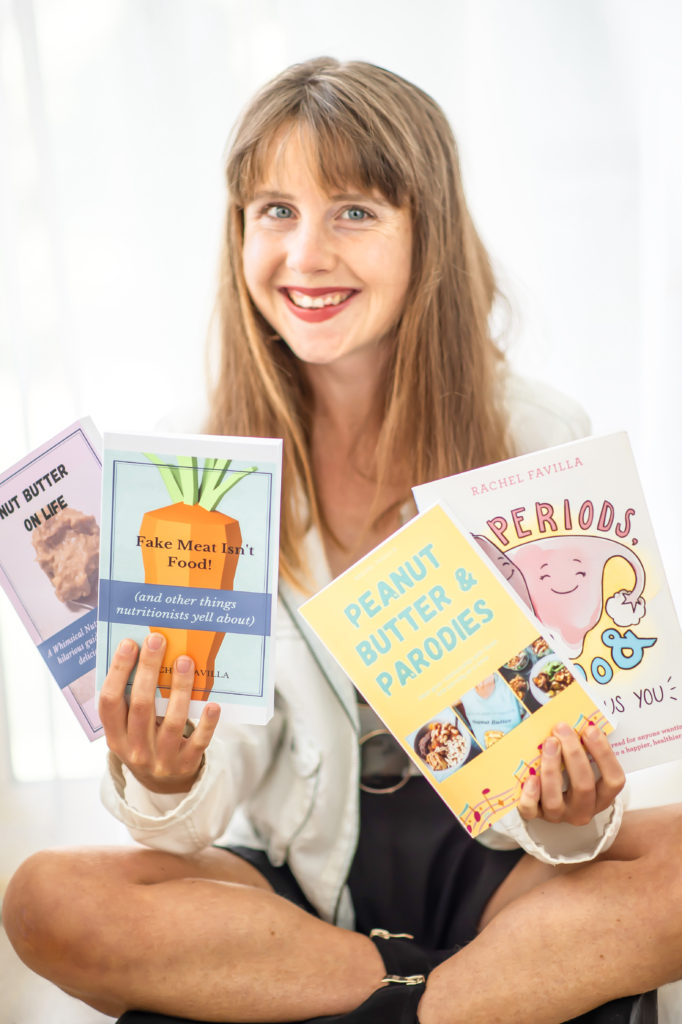
Fitness
Walking is great for all-round health and keeping your legs toned, but your upper body also needs some TLC. I recommend Pilates and Yoga, as they stretch and strengthen the body, whilst allowing you to use your own body weight to do resistance training. If you want to pick just one to begin with, I’m bias towards Yoga. The deep stretching and longer holds keep the body flexible, mobile and strong (Pilates is amazing but won’t keep you as flexible as Yoga will). Basically, you want to maintain muscle AND mobility (no point pushing it too far with extreme exercises that make you injury prone – then you won’t be able to do anything, and will consequently lose muscle (slowing your metabolism down to snail pace).

Fun (and Nervous System)
If you don’t yet have a meditation practice (this can be doing art, walking in nature, swimming in the ocean, relaxing in the bathtub or taking a dance or Yoga class, by the way; it doesn’t have to be the ‘sitting on a cushion’ set-up that comes to mind when we hear the ‘M’ word), you need one. Even if 5 minutes a day can make a difference.
We need to keep the adrenal glands healthy, and the best way to do this is stress management. This begins with regulating the nervous system and coming back to the present moment and incorporating ‘play’ (anything that you enjoy simply because it brings you joy – it DOES NOT NEED TO BE PRODUCTIVE) into your weeks . Oh, and quick clarifier, meditation isn’t necessarily about emptying the mind, but rather holding space for it to process what’s already there, whilst taking a break from receiving any new information from external sources.
I’d suggest other strategies too, such as digital detoxes (intermittently stepping away from emails and social media as a means of disconnecting from external demands and opinions) or saying the word ‘no’ more often (fellow people-pleasers, I’m lovingly looking at you), but I don’t know your unique circumstances, and don’t want to give unrealistic recommendations that make you feel like you’re ‘failing’ (because you’re not). The society in which we live is A LOT (understatement) and we’re all doing an incredible job simply surviving our days without going insane. Self-care is easier said than done; this we know all too well.

Other considerations
- Book a session with me if you need 1:1 support with dietary change. I specialise in eating for liver, gut, hormone, immune and mental health.
- Get your Thyroid checked (low thyroid function causes unwanted weight gain, among other unpleasant symptoms). I recommend a full thyroid profile, not just TSH (thyroid-stimulating hormone). If you’re GP can’t do this, your local naturopath should be able to help out (check with them before you book and pay for your consult).
- Connect with my friend Kim from Solstice Nutrition and have a comprehensive hormone profile done. This is way more technical than getting them checked at the the GP btw – Kim can look at HOW your body is breaking down and using hormones and make personalised recommendations for your body. And before you ask, no, this is not an affiliate situation. Kim is an incredible holistic nutritionist here in Adelaide and as I’m too busy teaching to order and analyse these specialised tests for you, Kim is who I refer my people on to when simple dietary change alone isn’t making the difference they need it to.

